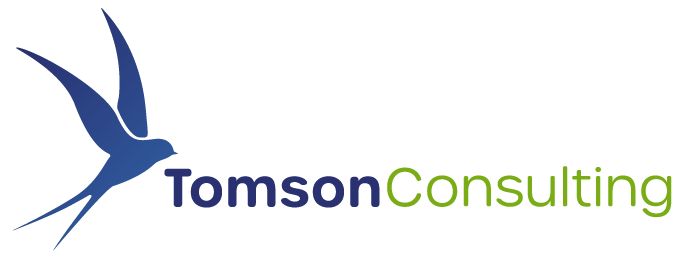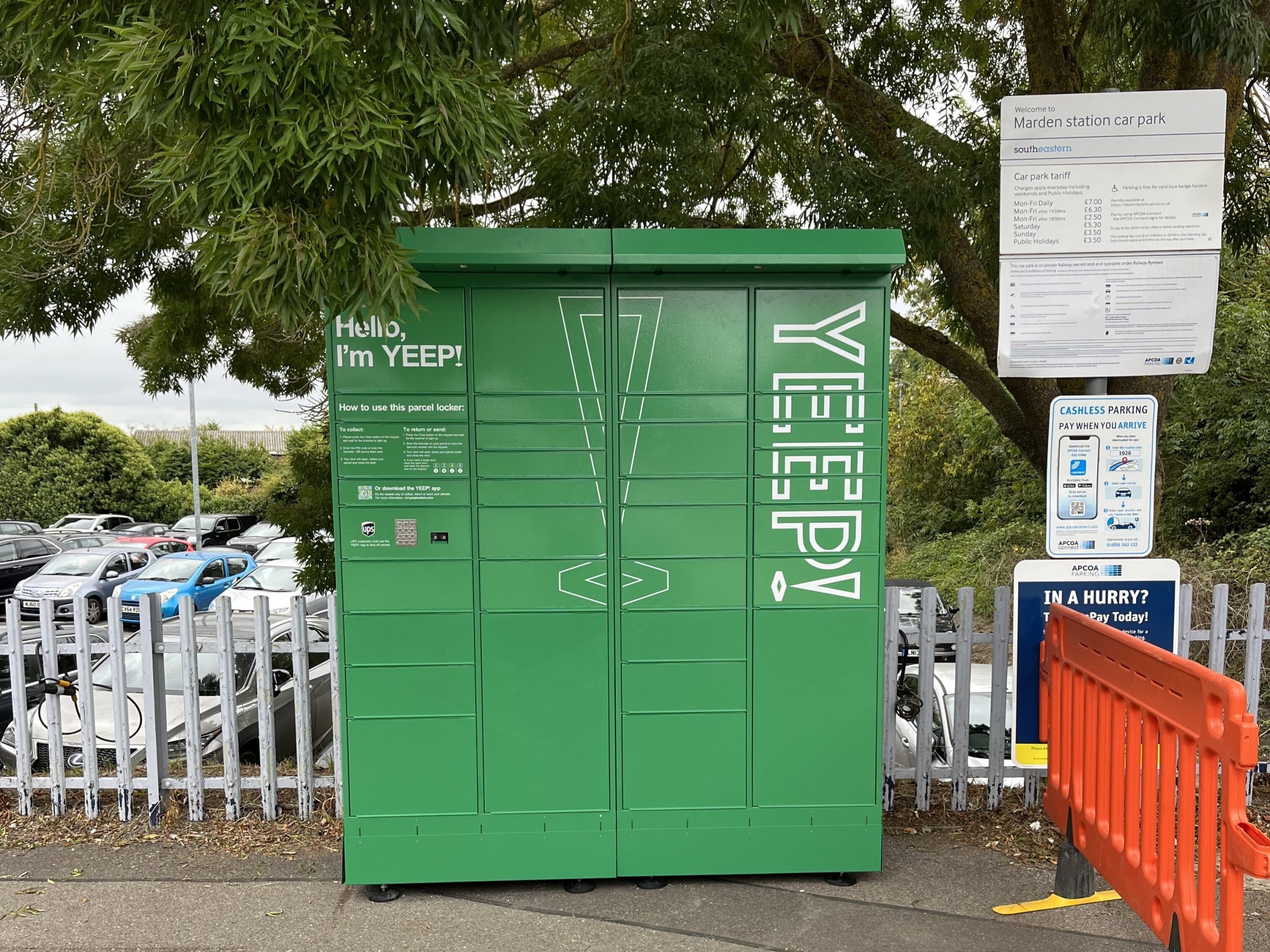
Are you searching for the perfect facility management software?
Finding the ideal software solution can make a significant impact on your company’s operations. However, it’s crucial to remember that the effectiveness of facility management software depends on several factors, including your specific requirements, industry considerations, and the capabilities of the software itself.
The goal isn’t simply to find a solution; it’s to implement facility management software that can streamline your day-to-day operations both now and in the future.
While it’s important to evaluate various parameters, it’s also essential to avoid getting overwhelmed by too many considerations, as this can hinder the decision-making process.
In this blog, we will provide you with guidance on selecting the right facility management software for your growing business. Let’s explore how you can make an informed choice that aligns with your unique needs and sets your company up for success.
Types Of Facility Management Software & Their Features

In 2023, the estimated facility management software market size reached $20.98 billion (Future Market Insights, 2023). It is projected to continue expanding at a fast CAGR of 12%.
1. CAFM: Computer-Aided Facility Management Software
A CAFM software streamlines facility operations, from planning to execution, by efficiently coordinating spaces, people, and organizational activities. It provides administrative capabilities for facility managers, including asset and space management, room reservations, layout planning, and maintenance management.
2. CMMS: Computerized Maintenance Management System
CMMS software focuses on scheduling, tracking, and maintenance functions, improving communication between managers and service providers. It tracks assets throughout their lifecycle and offers features such as asset management, automated maintenance scheduling, and reporting. By implementing CMMS software, your company can improve preventive maintenance and reduce repair costs, which can help you save more money in the long run.
3. IWMS: Integrated Workplace Management System
An IWMS software optimizes workplace resources and property management processes. It enables analysis and enhanced functionality of organizational resources and assets. IWMS is beneficial for property managers seeking to manage infrastructure and assets centrally, fostering transparency, productivity, and cost control. Its functionalities include project management, property and lease management, real estate portfolio management, and scheduling maintenance management.
Mastering the Selection Process: Choosing the Right Facility Management Software
1. Research Potential Software Options
To begin your selection process, conduct thorough research on potential facility management software options. Explore different vendors, read customer reviews, and compare features and functionalities to narrow down your choices. This research phase will help you gather valuable insights and make informed decisions.
2. Is Facility Management Software Mobile-ready?
In today’s fast-paced business environment, mobile accessibility is crucial. Consider whether the facility management software you’re evaluating is mobile-ready. Mobile compatibility allows you to access and manage facilities on the go, enabling real-time updates and efficient communication with your team.
3. Is Facility Management Software Customizable to Fulfill Unique Requirements?
Every business has unique requirements when it comes to facility management. Ensure that the software you choose is customizable and flexible enough to adapt to your specific needs. Look for features like customizable dashboards, configurable workflows, and the ability to add or modify modules according to your organization’s requirements.
4. Does the Vendor Offer Support and Training?
When considering the implementation of new facility management software, it is essential to assess the level of support and training offered by the vendor. A comprehensive support and training program can greatly contribute to the successful utilization of the software by you and your team. Look for vendors who provide extensive onboarding assistance, clear user documentation, interactive training sessions, and responsive customer support. These elements will ensure that you have the necessary guidance and resources to fully leverage the potential of the software, enabling a smooth transition and maximizing operational efficiency.
5. Can the Facility Management Software be Integrated with Third-party Systems and Generate Automated Reports?
Integration capabilities are vital for seamless operations. Check if the facility management software can integrate with other systems and software your organization uses, such as accounting or maintenance systems. Additionally, consider the software’s reporting capabilities, ensuring that it can generate automated reports to provide insights into facility performance and help in decision-making processes.
6. Can your FM Software Scale as Your Business Grows?
As your business expands, your facility management needs may evolve. It’s essential to choose software that can scale alongside your growing organization. Evaluate the software’s scalability, flexibility, and ability to accommodate increasing volumes of data and users as your business expands.
7. What’s the Software’s Budget or Cost Structure?
Consider your budget and the cost structure of the facility management software. Assess whether the pricing model aligns with your organization’s financial capabilities and offers a good return on investment. Evaluate the software’s pricing plans, licensing options, and any additional costs for customization, support, or upgrades.
8. Is the Vendor Providing Cloud-based Facility Management Software?
Cloud-based software offers numerous advantages, including accessibility, data security, and automatic updates. Determine if the facility management software is cloud-based and consider the benefits it brings, such as remote access, easy collaboration, and reduced IT infrastructure requirements.
9. What are the Security and Data Protection Standards?
Security and data protection should be top priorities when selecting facility management software. Inquire about the vendor’s security measures, data encryption protocols, and compliance with industry regulations like GDPR or HIPAA. Ensure that the software safeguards your sensitive information and provides data backup and recovery mechanisms.
10.Is the Software User-Friendly for Ease of Adoption and Implementation?
User-friendliness plays a vital role in successful software adoption. Evaluate the software’s user interface, intuitiveness, and ease of use. Consider whether it offers a smooth learning curve for your team and whether it provides user-friendly features like drag-and-drop functionality or intuitive navigation. A user-friendly facility management software will streamline implementation and reduce resistance to change within your organization.
Final Thoughts
Selecting the perfect facility management software is a critical choice with far-reaching effects on your day-to-day activities. It’s essential to dedicate time to evaluate your requirements, explore various alternatives, and factor in aspects like affordability, adaptability, and user-friendliness. Remember, reaching out to providers and seeking clarifications is crucial to making an informed decision. By implementing the right software, you can streamline operations, boost productivity, and elevate your facility’s performance. So don’t delay any further—begin exploring your options right away and unlock the potential for a more efficient facility management experience!





